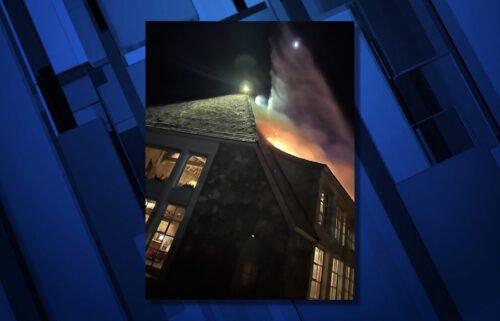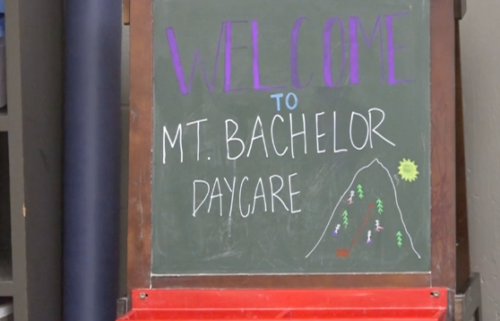OHA study: 1% of Oregonians have evidence in blood of past COVID-19 infection
(Update: Adding video, comments)
Rate is 10 times higher than conventional testing shows
PORTLAND, Ore. (KTVZ) -- As of mid-June, 1% of Oregonians without COVID-19 had evidence of past infection of the virus in their blood, 10 times higher than the reported rate of infections obtained through conventional testing, according to a new study.
Oregon Health Authority epidemiologists who authored the study, which appeared Friday in the Centers for Disease Control and Prevention’s Morbidity and Mortality Weekly Report (MMWR), found that nine of 897 blood specimens collected from 19 health care facilities around Oregon between May 11 and June 15 contained antibodies against the virus that causes COVID-19.
The study also suggested that rates of infection increased with age, with no antibodies detected in the blood of pediatric patients 17 and younger. The rate was 0.4-0.5% in those ages 18-64; and 1.6-2.1% in those 65 and older.
The results indicate a “substantial” proportion of Oregon residents have undiagnosed and unreported infection from COVID-19.
“We suspected that a much larger segment of Oregon’s population has been exposed to and infected with COVID-19 than traditional diagnostic testing shows,” said Paul Cieslak, M.D., a study co-author and OHA medical director for communicable diseases and immunizations. “But these results also tell us that the great majority of Oregonians remain susceptible to this virus.”
The first case of COVID-19 in Oregon was diagnosed Feb. 28. Through May 31, 4,243 people in Oregon, or about one of every 1,000 people, had tested positive for COVID-19.
Because this rate doesn’t account for people who were infected but did not seek testing — such as those with mild or no symptoms, or people unable to access testing — the rate is believed to be lower than the state’s actual infection count.
Seroprevalence surveys like this one — testing blood samples to look for antibodies — may estimate the rate of infection more accurately than conventional testing by identifying all people who have had previous infections with COVID-19, including those who didn’t show symptoms or did not seek care.
“Because most of us are still susceptible,” Cieslak said, “we need to keep practicing physical distancing and masking until we have effective vaccines, treatments or other means of mitigating illness.”
The antibody test shows that people whose blood was tested for antibodies were exposed to COVID-19 at some point, even if they never had symptoms.
But Cieslak emphasized it’s not a good test to get, if you think you have COVID-19, because antibodies don’t appear in your blood until two to three weeks after exposure to the virus.
Plus, he explained, “We don’t know if antibodies to COVID-19 mean you are protected, so you still need to wear a face covering, maintain physical distancing, and keep washing your hands.”
NewsChannel 21 asked Cieslak if it might have been more reassuring to see a higher percentage of Oregonians with the antibodies in their blood.
"It would have been great if we had found 50 percent of the population were infected," he said. "That would mean, first of all, that a much smaller of percentage of infected people experience symptoms, so it would make it a much less scary virus altogether. And we don't know that finding anitbodies means that you're immune."
By comparison, he notes that New York City did a similar survey and found 20% of the city had been infected, based on the antibodies present in their blood.
He said the study confirms Oregon has been more successful than most states in combating the virus. Whether due to proper social distancing, face masks -- a a bit of luck -- he couldn't say for sure.
Cieslak said the effort was not intended to be a one-time study, so they hope to have updated exposure results in the near future.
For more information on antibody testing, visit the CDC website at https://www.cdc.gov/coronavirus/2019-ncov/testing/serology-overview.html.




